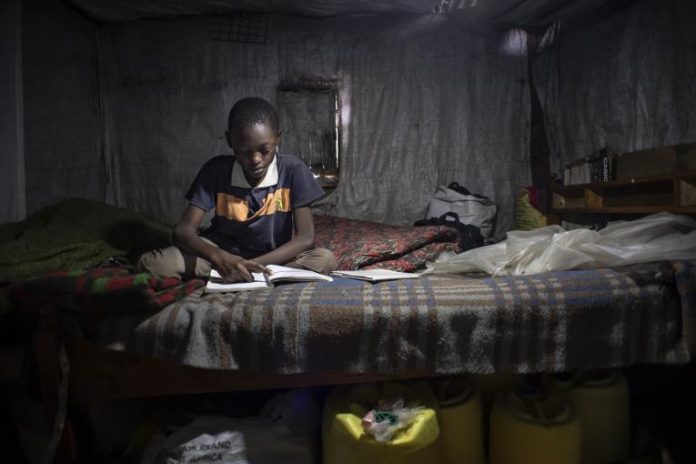NEW YORK, USA – Amidst the surge of COVID-19, UNICEF executive director Henrietta Fore issued the following statement:
“As we enter the second year of the COVID-19 pandemic, and as cases continue to soar around the world, no effort should be spared to keep schools open or prioritize them in reopening plans. Despite overwhelming evidence of the impact of school closures on children, and despite increasing evidence that schools are not drivers of the pandemic, too many countries have opted to keep schools closed, some for nearly a year.
“The cost of closing schools – which at the peak of pandemic lockdowns affected 90 per cent of students worldwide and left more than a third of schoolchildren with no access to remote education – has been devastating.
“The number of out-of-school children is set to increase by 24 million, to a level we have not seen in years and have fought so hard to overcome.
“Children’s ability to read, write and do basic math has suffered, and the skills they need to thrive in the 21-century economy have diminished. Their health, development, safety and well-being are at risk. The most vulnerable among them will bear the heaviest brunt.
“Without school meals, children are left hungry and their nutrition is worsening. Without daily interactions with their peers and a reduction in mobility, they are losing physical fitness and showing signs of mental distress. Without the safety net that school often provides, they are more vulnerable to abuse, child marriage and child labour.
“That’s why closing schools must be a measure of last resort, after all other options have been considered.
“Assessing the risk of transmission at the local level should be a key determinant in decisions on school operations. Nationwide school closures must be avoided whenever possible. Where there are high levels of community transmission, where health systems are under extreme pressure and where closing schools is deemed inevitable, safeguarding measures must be put in place. This includes ensuring that children who are at risk of violence in their homes, who are reliant upon school meals and whose parents are essential workers are able to continue their education in their classrooms.
“In case of lockdowns, schools must be among the first to reopen once authorities start lifting restrictions. Catch-up classes should be prioritized to ensure that children who have been unable to learn remotely are not left behind.
“If children are faced with another year of school closures, the effects will be felt for generations to come.”





